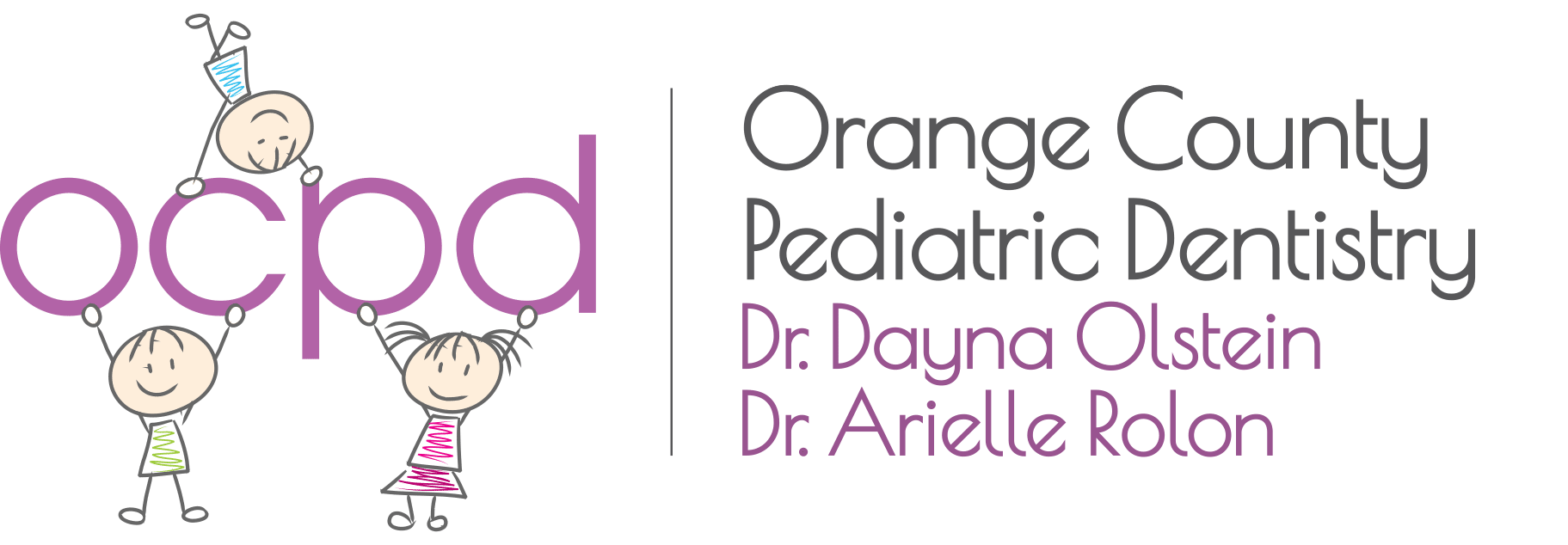Seeing your child with a dental emergency can be scary — and it can seem to happen out of nowhere. True dental emergencies must be addressed immediately. However, it is important to know that sometimes dental issues can feel like an emergency, though they really aren’t.
How can you tell the difference?
How do you know what is a pediatric dental emergency?
Take some time to learn about dental emergencies before they happen. And, when you are in the midst of it, go ahead and contact your pediatric dentist. They’ll walk you through what you need to do.
Common Pediatric Dental Emergencies
There are many different things that bring young patients to the dentist for an emergency visit, including dental abscesses, lost fillings, and an injured jaw. With the right attention from a pediatric dentist, the issue can be addressed and your child will be feeling much better soon.
What is a pediatric dental emergency? Below are three of the most common.
Severe Toothache
Toothaches can vary in degree and can stem from all sorts of things, such as something stuck in the tooth or a cavity. Address these issues by taking a close look at the tooth and, if something is stuck, use floss to remove it. Otherwise, contact the dentist for further steps.
Knocked Out Tooth
Teeth get knocked out more often than you may think – especially since kids are so active. A baby tooth and a permanent tooth may be treated differently by the dentist, but you shouldn’t make that call.
Gather the knocked-out tooth (without touching the root) and put it in milk. Then, call your dentist right away. In order to save the tooth, time is of the essence so this can be a true dental emergency.
Bleeding from the Lip, Cheek, or Tongue
It is possible that your child may accidentally chomp down on their lip, cheek, or tongue which can lead to bleeding. This can often be managed at home with gauze and a cold compress. However, if the bite is severe, it may be considered a dental emergency.
Reducing the risk of Dental Emergencies
While there is always a risk of urgent dental issues, there are a few things you can do as a parent to help reduce your child’s risk.
Routine Dental Care
Having a good oral hygiene routine is so important. Teach your child how to properly brush, floss, and otherwise care for their teeth. Make brushing twice each day a habit.
Visiting the dentist regularly - every six months - is another part of routine dental care that should not be overlooked. This not only keeps teeth clean and free of buildup, but it also allows the dentist to address any areas of concern early on before they get worse. For instance, not treating areas of decay can lead to severe tooth pain for the child and maybe even the need for a filling or root canal.
The Use of Mouthguards
If your child is involved in athletics, then consider the use of a mouthguard. Many dental emergencies occur as a result of playing various sports so taking this step can help to protect the teeth from experiencing any trauma.
Although teeth can get fractured or otherwise damaged in many different ways, being proactive both during practices and games can at least reduce the risk a little bit.
Be Prepared
Understanding what to do when a dental emergency arises can help you protect your little one’s oral health in the event of an emergency. Your child will respond based on your response to the situation. If you are calm, your child will be calm, too.
Educate yourself on steps to take when dealing with a dental emergency and always have your child’s pediatric dentist on speed dial.
Pediatric Dental Emergencies in Orange County
At Orange County Pediatric Dentistry, we know that dental emergencies happen when you least expect them. That’s why we schedule our appointments every day in a way that ensures we can address emergencies as they arise. After-hours isn’t a problem either as we are available 24 hours a day, 7 days a week. We are there when you need us.
Contact us at 845-928-2206 to schedule an appointment.


